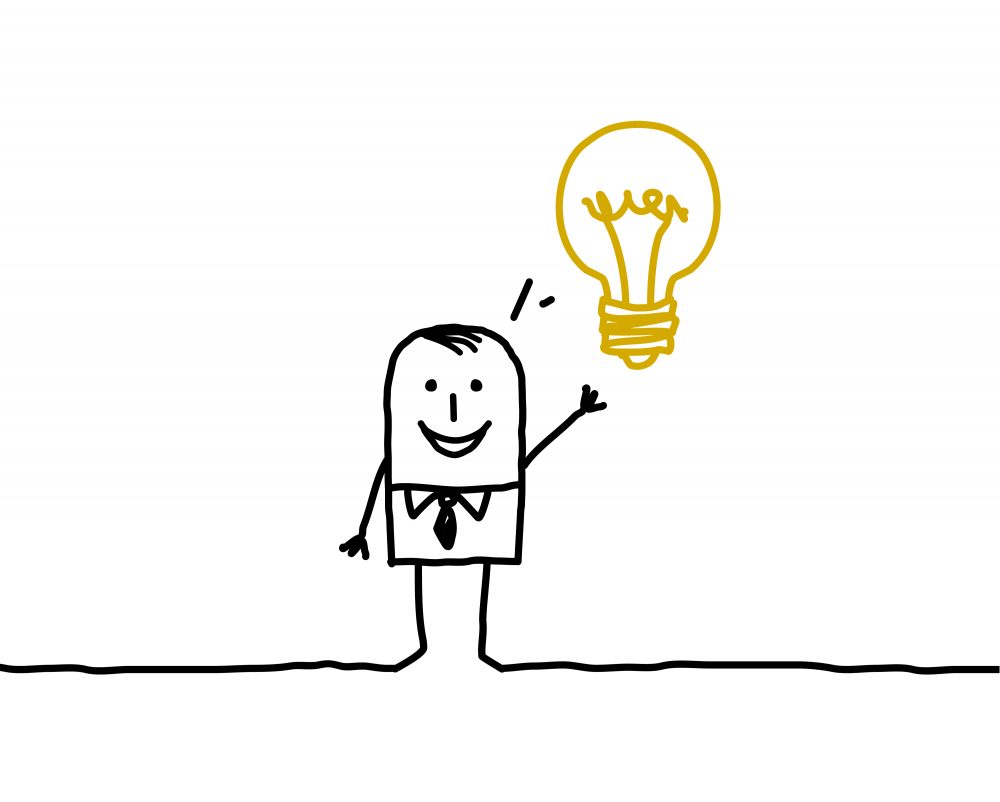Julien Simon, founder of the publishing company Walrus, publishes digital e-books. Under the alias Neil Jomunsi, Simon launched the ‘Bradbury Project’, an initiative to publish a weekly short story over 52 weeks, all under a Creative Commons license. This is the testimony of a ‘free’ author.
The Bradbury Project
“It is too early for me to compare the trajectory the Bradbury project would have had under a traditional framework compared to that of the Creative Commons. As a matter of fact, this choice was mostly led by the meaning behind the project, which was an artistic and editorial reflection. I started with a very basic principle: that all I have learned came from the literature and art within libraries. My parents would drop me off twice a week, and I would gather as many books as possible, something we cannot really do with electronic books. Naturally, since I led the creation of a 100% digital publishing house four years ago, I couldn’t think of another format when I initiated the kick-off of this project. I would write a short story during the week, edit it, and deliver it to the public at the end of the week. Each story is sold for 0.90 Euros, but distributed under a Creative Commons license. It means that you can then lend it to your sister, your mother, your neighbor. Utilizing this open license enables lending.”
An Experimental Business Model
“The short stories are sold on traditional distribution platforms. At the beginning of the project, I was very well aware that I wouldn’t become a millionaire in three weeks. For 40 Euros, you can also have unlimited access to all the content as a subscription-based offer (instead of the 52 Euros you would spend if you are buying each week). It is more interesting and profitable for me, but also for the readers, as they have invested financially and committed with the intention of regularly consuming the content. When you have paid 40 Euros, the likelihood of you reading something is much higher than if you had it for free.”
Sharing Literature
“With electronic distribution platforms, I can react to the feedback and adjust my plans and commercial strategy in real-time. I’m currently writing an entire novel by email and publishing a chapter each week. This week, I discovered a new way people use this project: a literary blogger offered to publish my writing on her blog, as it is published under an open license. Offering literature under an open license enables sharing.”
Why this type of license ?
“This is something I still think about. Given the energy and thought I put in before I make a decision on where to position a comma, or when to end a sentence, I don’t want people to take my writing and change it as they will. Having said that, if someone wants to use the topic of one of my stories, the ideas cannot be ‘protected’ and I have no intention of doing so! My ideas are also inspired by what I have seen on TV, what I have read in a book… I am not against remixing. There are certainly things I miss about the traditional framework, but this seemed like the right license for this project.”
Translation by Tuan-Minh Nguyen with the help of Caitlyn Hutchison

